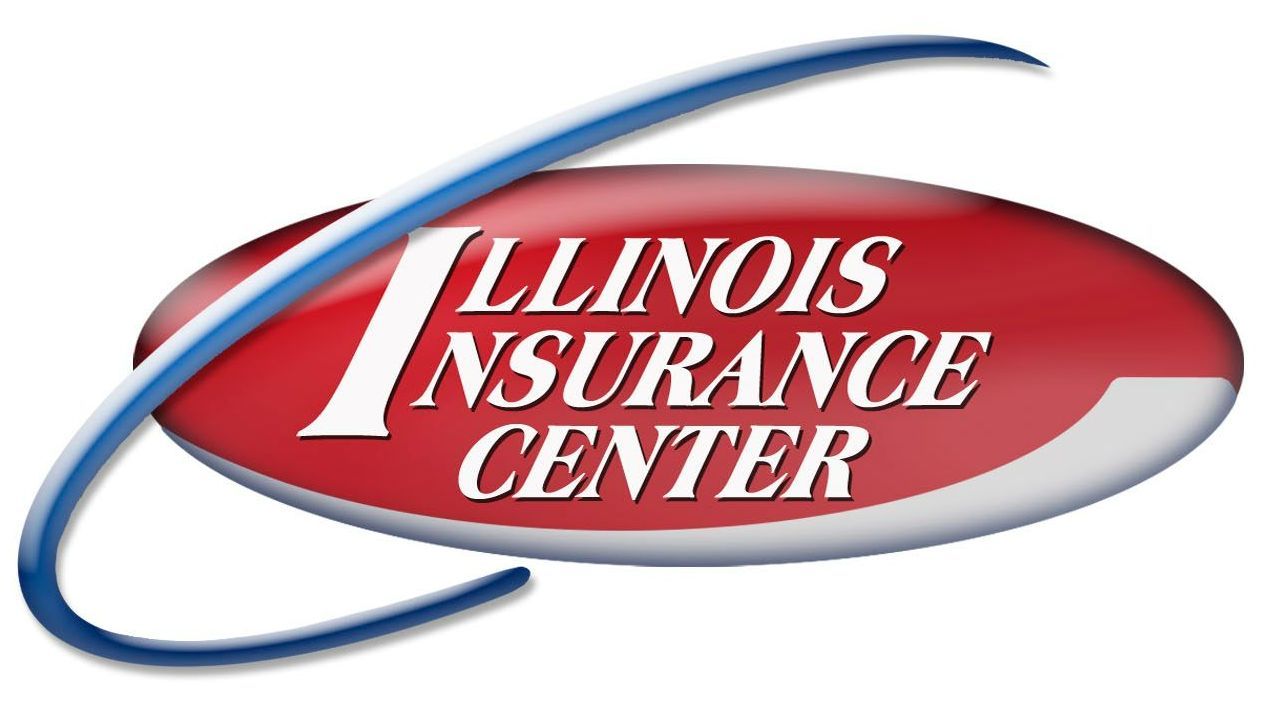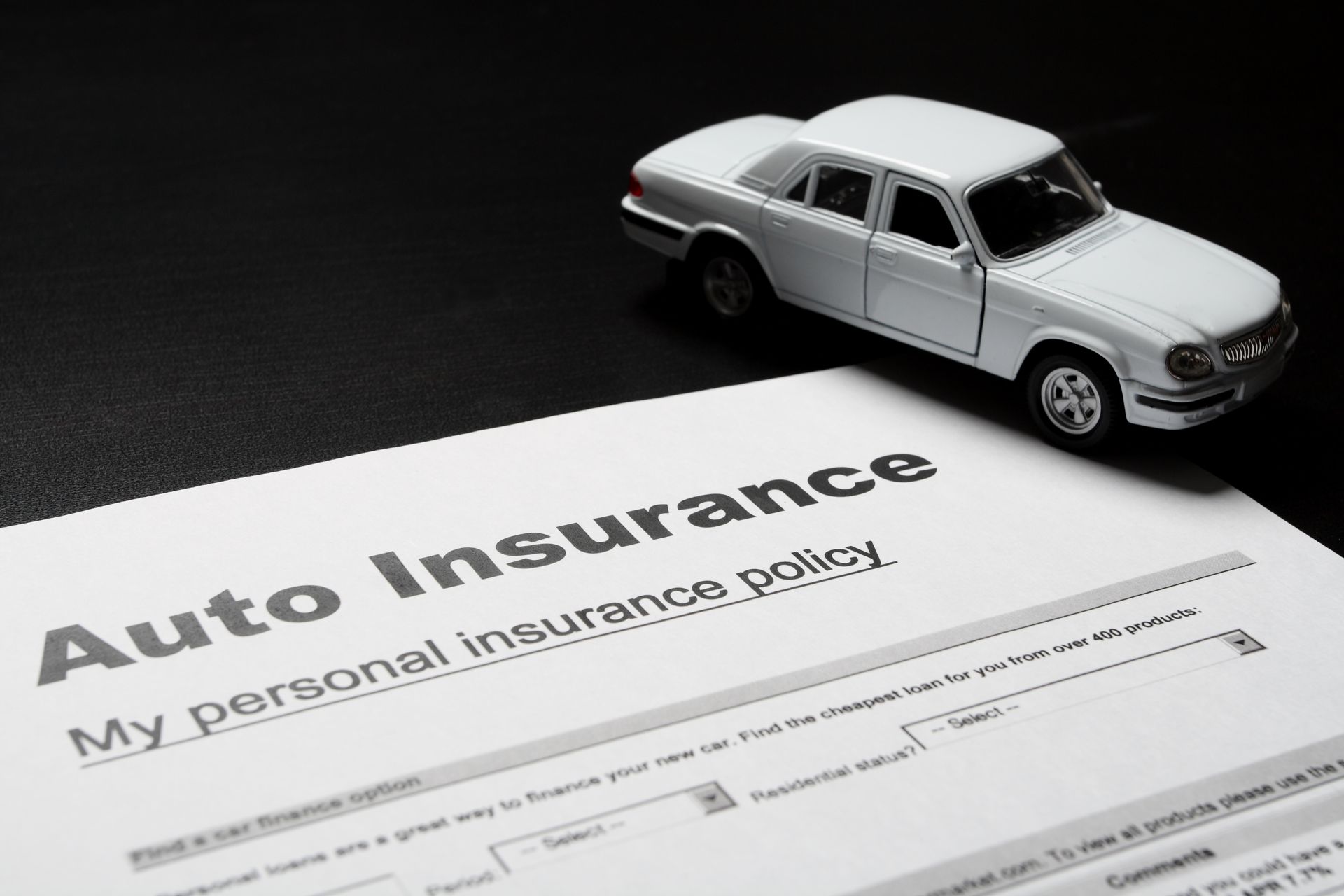How Retailers Can Limit Product Liability Claims

Retailers are sometimes liable for defective product injuries. As a retailer, take relevant measures to limit your exposure to product liability claims. The measures will also help you get affordable insurance for your business. Below are some measures that can help.
Comply With Government Regulations
The government prescribes safety and security regulations for different industries. Follow the guidelines to the letter to reduce the risk of injuries. Observing the guidelines can also help you escape liability in case of an injury.
For example, you can only store fresh steak at temperatures below 40 degrees Fahrenheit for a maximum of five days, according to foodsafety.gov. You might face a liability claim if you store the meat for a week or more at those temperatures, and it ends up causing food poisoning.
Use Clear Warnings and Instructions
Ensure your products have clear instructions for use. Even safe products can cause injuries if people use them incorrectly. Product labels should also contain warnings about potential injuries. The warnings and instructions should be in a language your customers understand.
For example, many drugs have potential side effects. Thus, retail pharmacists must ensure their products contain warnings about those side effects. That way, clients who suffer the said side effects cannot use the lack of informed consent to file liability claims.
Be Careful With Imported Goods
Take extra care if you are dealing with imported goods. The government will treat you as the manufacturer of imported products if the products turn out defective and cause injuries. With this in mind, you should:
- Inspect the products before dispatching them to clients
- Ensure the products comply with government and industry standards
- Have clear instructions that your clients can understand
This treatment of imported goods makes sense since your clients would have a hard time going after the original manufacturer (in a different country) in case of injury.
Work With Your Suppliers
Many retailers don't produce the products they sell. Work with your suppliers to reduce the risk of product defects or injuries if you have such an operation. For example, you should:
- Ensure your suppliers have relevant and adequate insurance for their products
- Ask the manufacturers to name you as an additional insured on their policy documents
- Use Hold Harmless Agreements to ensure the suppliers are liable for injuries that stem from their negligence
- Request and keep clear documentation of product specifications
Complete these actions with every supplier you bring on board to avoid liability for someone else's mistakes.
Collect and Review Client Complaints
Some of your clients might find problems with your products despite your best efforts. Have a system in place to collect, analyze, and respond to those claims.
Such a system may help because:
- Your customers will know that you listen and care about their complaints.
- You will know when something is wrong so you can take mitigation measures.
- You will be able to get ahead of issues before they trigger liability claims (for example, by exchanging defective products).
- You can use the information to review and improve your safety standards.
Collect and review all information — including those that look frivolous. Don't dismiss complaints at face value.
Track Your Products
Lastly, you should have an inventory and product tracking system in place. Such a system can help you track defective products as soon as you realize there is a defect. For example, you should track a product batch if an item from the batch causes an injury. That way, you may recall defective products before they cause further injury.
Every business in Chicago, IL, is susceptible to defective product claims. You can minimize but not eliminate the risks. A good business insurance package can shield you from losses if you ever receive such claims.
Contact Illinois Insurance Center for quotes on different forms of commercial insurance.

















